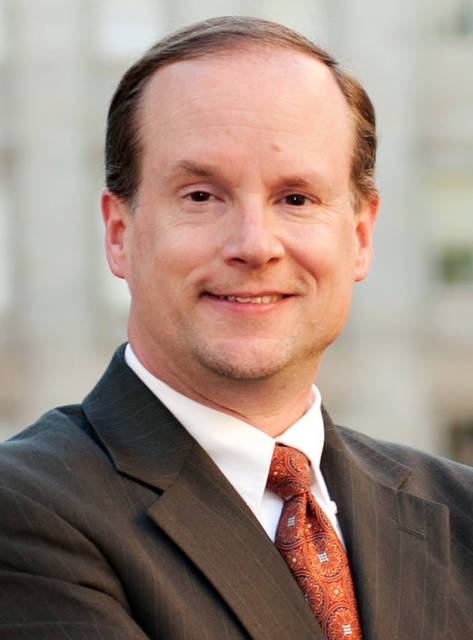In North Carolina, political power is divided. Republicans control the state legislature, although without the supermajorities they once enjoyed. Democrats occupy such jobs as governor and attorney general, but Republicans control six of the 10 statewide elected offices that form North Carolina’s executive branch. Democrats form a strong 6-1 majority on the state supreme court, but the state court of appeals is roughly balanced. Republicans have majorities on 56 of North Carolina’s 100 county commissions, but six of the 10 most-populous counties have Democratic boards.
Do you find divided government frustrating or exhilarating? Either way, you might as well get used to it. North Carolina is likely to be a political battleground for many years to come.
It will be a top prize in the 2020 presidential race, for example. Right now, the share of North Carolina voters who approve of Donald Trump’s performance and the share who disapprove are within a few points of each other, according to several polls. We are also likely to witness highly competitive reelection bids by Gov. Roy Cooper and U.S. Sen. Thom Tillis, among others.
That our state’s elections have been and will continue to be so hotly contested should come as no surprise. It reflects voter preferences. Few state electorates are closer to the national average in partisanship and ideology than North Carolina’s electorate is.
On this point, don’t be misled by party registration. Some North Carolinians, disproportionately older and residing in rural areas, may be registered Democrats but actually vote Republican most of the time. Moreover, most “unaffiliated” voters are not truly neutral. They vote fairly consistently for their favored party. They just aren’t joiners in the way their parents were (many attend but never become full members of religious congregations, for much the same reason).
According to polling by the Gallup organization, 42 percent of North Carolinians are Republicans or lean that way, while 41 percent are Democrats or lean that way. The remainder are either true swing voters or don’t vote much at all. Other states where the two party bases are either tied or differ by a single point include Georgia, Florida, Wisconsin, Iowa, Arizona, and Nebraska.
Another Gallup question probes self-reported ideology. I think this procedure is less illustrative than clustering voters based on issues, but it does have the value of consistency across time and geography. About 39 percent of Gallup’s North Carolina respondents describe themselves as conservative, while 33 percent say they are moderates, 21 percent say they are liberals, and the remainder say something else or decline to answer. These results place North Carolina close to the median, at 23rd most-conservative in the nation.
Other polls produce somewhat-different results, thanks to differences in sampling and word choice. But they generally confirm the political competitiveness of the state.
The Civitas Institute’s last two monthly surveys of North Carolina voters, conducted in February and March by Harper Polling, asked “generic ballot” questions about 2020 races for the state legislature, Congress, and the state supreme court. That is, voters were asked which party’s not-yet-determined candidates they favored at the present time. For all three sets of races, the numbers of voters favoring Democrats and Republicans were statistically indistinguishable. That wasn’t the case just before the 2018 midterms, when Civitas surveys found sizable Democratic leads.
To say North Carolina’s electorate is closely divided is not to say there can’t be definitive electoral outcomes in a given year. Just don’t expect them to result in permanent realignments. In 2010, 2012, and 2014, the electorate swung Republican. In 2018, it swung Democratic. The 2016 cycle was more of a mixed bag, with Trump, U.S. Sen. Richard Burr, and Lt. Gov. Dan Forest winning statewide even as Democrats took key races for governor (Roy Cooper) and attorney general (Josh Stein).
Voters willing to split their tickets are much rarer than they used to be, representing only a few percentage points of the total vote. But in a closely divided state, they still matter — a lot.
John Hood (@JohnHoodNC) is chairman of the John Locke Foundation and appears on “NC SPIN,” broadcast statewide Fridays at 7:30 p.m. and Sundays at 12:30 p.m. on UNC-TV.


